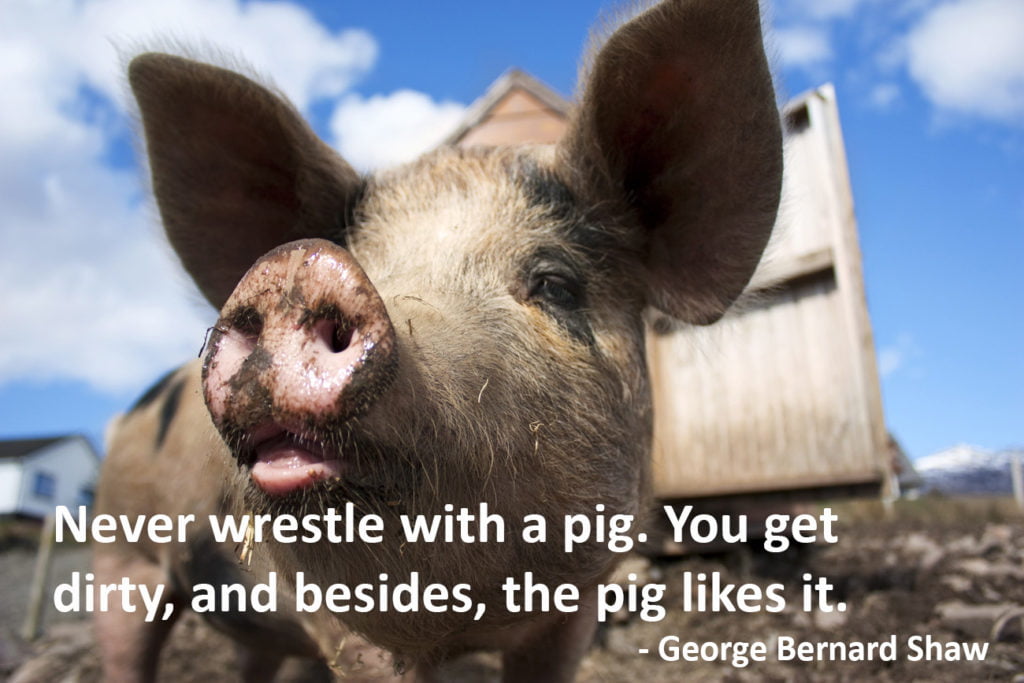
Many leaders aspire to building high-performing teams, and as an individual it’s an amazing experience to work in a high-performing culture. The challenge for leaders and business owners is how to take their team from where they are today to a culture where they are engaged, energised and highly productive. To move in a positive direction towards high-performance first requires the clean-up of unproductive, negative and toxic behaviours to build a stable foundation to launch from.
A good place to start is by removing toxic behaviours from your team (and yourself if you’ve fallen into a negative mindset).
As a leader in business, I worked to instil a supportive, inclusive and positive culture, with varying degrees of success. Now that I mentor other leaders in creating high-performance workplaces it’s apparent that even the best and most engaging leaders can still have pockets of toxic behaviours in their teams (I know I did). These toxic pockets can have a significant impact on the culture of the rest of the business if left unchecked.
To be clear, I’m not talking about a couple of people having a whinge about something that didn’t go their way or something they just don’t agree with. We all have times where we need to let off steam or have a moan about working hard on a project or initiative that we suspect isn’t going to deliver the results the organisation expects. We cannot always be ‘zen’ when things aren’t the way we think they should be.
What I am talking about is that pervasive, persistent complaining about how bad the place/role/people/customers are that just builds and builds to the point where even small issues become dramas. Over time this turns from occasional venting into a daily habit and then into the team’s DNA.
If you want to be a great leader, you’ll need to find a way of listening to and understanding the needs of your people to provide support without jumping into the mud with them. As George Bernard Shaw said, “Never wrestle with a pig. You get dirty, and besides, the pig likes it.”
Over the next 3 weeks I will be releasing a series of short blogs covering practical actions you can take as a leader or as an individual to reduce negative and toxic behaviours in your business.
Next week: How to role model the behaviours you’d like to see in your team.
